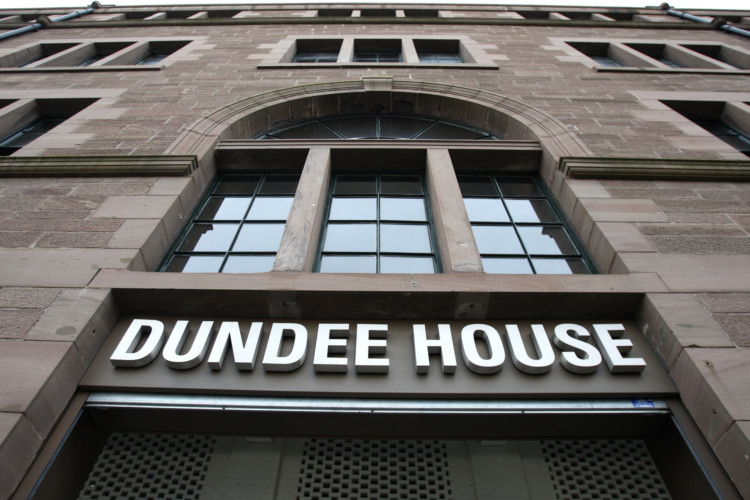Plans to extend a scheme to prevent the eviction of tenants who have fallen into rent arrears as a result of the so-called bedroom tax have been agreed at a meeting of councillors.
However, they were unable to achieve a consensus on their attitudes towards the wider issue of welfare reform when the independence referendum was brought into the debate.
In March last year the council decided not to seek to evict tenants whose housing benefit was being cut under the UK Government’s under-occupancy rules.
The Scottish Government has since said it will make £15 million available to social landlords to increase discretionary housing payments (DHPs) for tenants, making up for their lost income.
Dundee City Council’s scheme will now continue until it has been able to assess guidance on how this funding will be allocated.
A report on welfare reform presented to the policy and resources committee noted that 1,873 tenancies had been hit by the under-occupancy rules and 1,197 of them were in rent arrears, with the total owed coming to more than £440,000.
Some 837 people have received discretionary housing payments, with another 268 claims refused.
A spokesman for the Bin the Bedroom Tax campaign said it had been a “tremendous victory” when MSPs voted to provide funding for DHPs.
“This 100% mitigation should have been the green light for councils and housing associations to immediately inform all tenants that they do not have to pay the ‘bedroom tax’,” he said
“This has not been done, creating confusion, increased stress and worry among the 3,000-plus tenants in Dundee affected, many of whom are still being told they should be paying the ‘bedroom tax’ and face the prospect of falling yet further into rent arrears.”
A council report said staff had visited households and sent at least three letters to try to engage with tenants.
SNP administration leader Ken Guild proposed a motion recognising the “devastating impact” of welfare changes, but also supporting a vote for independence in September’s referendum to allow the removal of such policies.
This was passed with the SNP group’s 15 votes, with opposition councillors from the unionist parties either opposed or not voting.
